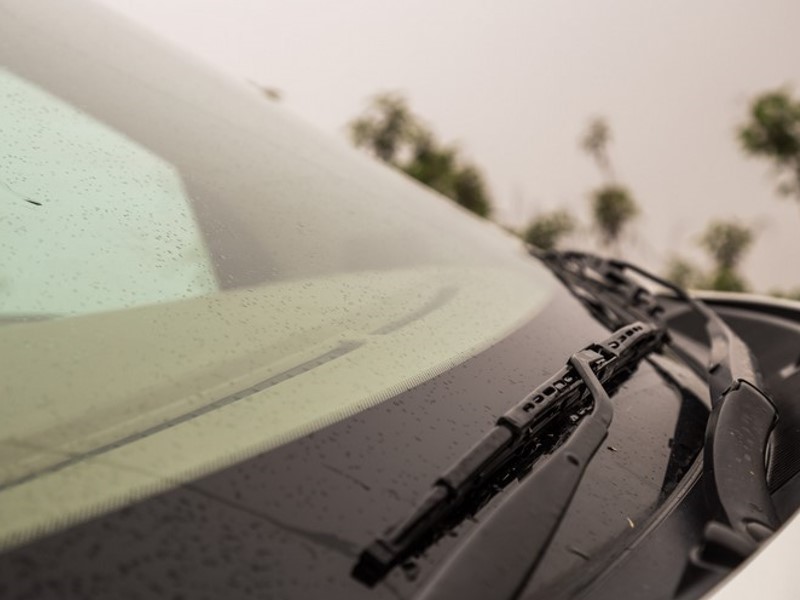Guide to Popular Types of Car Wipers
Table of Contents
Car wipers are indeed pretty overlooked as part of a vehicle, but truly speaking, these are among the most crucial parts in assuring safety and good vision when weather conditions prove unfriendly. Whether a quick downpour or some random snow flurry, a car wiper blade truly plays a critical role here.
Whether you’re a car nerd or just replacing old blades, knowing the types of wipers available will make this a little less painful. Below, we’ll take some of the most common kinds of car wipers and explain what they are and what makes them special.
What is a Car Wiper?
A car wiper is a mechanical device mounted on the windshield of a vehicle to clear rain, snow, dust, or debris from it to be seen clearly by the driver. It typically has a rubber blade attached to a metal arm that is driven by an electric motor. It is operated by a switch inside the vehicle. Wipers move back and forth across the windshield to clear away obstructions.

Most contemporary wipers incorporate adjustable speed and automatic activation by the sensors in their operation. Hatchbacks, SUVs, and back windows have rear wipers used for clearing the rear. Maintenance should always be done effectively, replacing worn blades ensuring safe travel in all times of weather.
Now that you know what wipers are, here are the most popular types you can choose from:
1. Conventional Frame-Style Wipers
The conventional, or frame-style wiper is the most typical. It has a metallic frame and several contact points which distribute force evenly throughout the rubber blade.
Advantages:
• Inexpensive and easily found everywhere.
• Easy to install and replace.
• Most effective for most standard driving conditions.
Disadvantages
• They are quick to clog, especially with snow and ice.
• May leave streaks or miss spots due to uneven pressure.
For drivers in temperate climates, conventional wipers offer reliable performance but less so in extreme weather.
